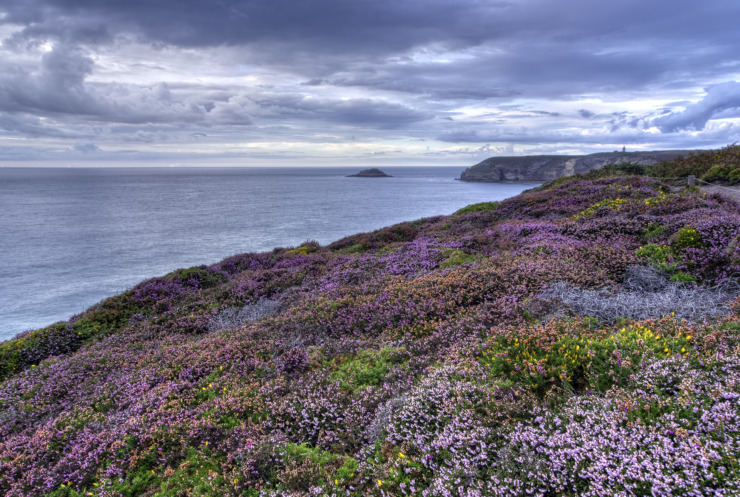Come see my Sea Poppies treasure
A friend suggested I choose a poem by H.D., Hilda Doolittle, a poet on my to-memorize list, for this column. I was aware that I haven’t spent much time reading H.D. or other Imagist poets. After spending the month with “Sea Poppies,” I realize why I’ve kept them at a distance: Imagist poetry is extremely hard to learn By Heart (at least, it is for me).
Imagism asks you to not only look but to really see. It’s less about making a point than about meditating on an image. It uses common speech and few words, and it doesn’t follow form but has its own musicality. William Carlos Williams, another Imagist poet, described the literary term in his poem Paterson as “No ideas but in things.” That definition captures H.D.’s poetry as well.
In “Sea Poppies” the poet goes to the sea with a wallet full of words and returns, having spent only what was absolutely necessary and with sufficient word-change left over for the trip home.
Sea Poppies
Amber husk
fluted with gold,
fruit on the sand
marked with a rich grain,
treasure
spilled near the shrub-pines
to bleach on the boulders:
your stalk has caught root
among wet pebbles
and drift flung by the sea
and grated shells
and split conch-shells.
Beautiful, wide-spread,
fire upon leaf,
what meadow yields
so fragrant a leaf
as your bright leaf?
– H.D.
Since “Sea Poppies” has four stanzas, I decided to pretend each one was a direction, so stanza 1 became North (no real reason why); stanza 2, East (because it sounds like the coast of Maine); stanza 3, South (because of “stalk”); and the last stanza, West (because it reminded me of the Mountain West, where I was headed when I started learning the poem). My brilliant idea did not seem to help me for the first three weeks I sat with “Sea Poppies,” although I do think it will help me recall each stanza in the future.
What finally seeded the poem in my heart was a YouTube video of a boy who read the poem in his British accent. I imagined he had just returned from the beach and happened to spy sea poppies growing “among wet pebbles / and drift flung by the sea.” Perhaps he liked the golden flowers so much he had to come home and make a video about them. A child would not try to find meaning in the “Amber husk,” but would simply describe it for everyone to see.
In my final week with the poem I noticed one word unlike the others, from that Southern stanza: your, as in “Your stalk has caught root.” This isn’t just any old clump of sea poppies. H.D. has a relationship with this flower. It’s as if she’s saying, “Come to the sea! Look at my treasure!”
By Heart for November
For the next By Heart gathering, November 26, we’ll learn a poem about gratitude, The Good Life, by former U.S. Poet Laureate Tracy K. Smith.
The Good Life
–Tracy K. Smith
Photo by ludovick, Creative Commons, via Flickr. Post by Megan Willome.
Browse more By Heart
I loved this book. As soon as I finished, I began reading it again.”
—David Lee Garrison, author of Playing Bach in the D. C. Metro
- Perspective: The Two, The Only: Calvin and Hobbes - December 16, 2022
- Children’s Book Club: A Very Haunted Christmas - December 9, 2022
- By Heart: ‘The night is darkening round me’ by Emily Brontë - December 2, 2022


L.L. Barkat says
Interesting that this one was difficult for you—and why. I love that you could grasp what was proving difficult, plus all the lengths you went to, to get it by heart.
I concentrated on the sounds and the way they echoed each other or bumped up against each other. Also, the pacing. (“Your stalk has caught root” was a sudden slowdown, which caught my ear—and then my sense of meaning. It is a process to catch root in a terrain that’s foiling us.)
Megan Willome says
That spot is indeed a slowdown. And you’re right about the echoes in the sounds, but they weren’t in the expected places for me.
Because it’s one I struggled with, I suspect I will remember it better in the long run. I worked hard to plot that terrain so the poem could root in it.
Michelle Ortega says
This poem by Tracy K Smith was printed on the back of the MetroCard pass a few years ago, as part of the “Poetry in Motion” campaign. I didn’t know about Smith, but I was so taken with this piece and the senitment…a very real memory for me. 🙂
Michelle Ortega says
*sentiment
Megan Willome says
Oh, how wonderful that this poem is one of those “paint it in the public square” examples!
I’m so glad to know you have a personal connection to holding Smith’s poem in your hand, as you travel to and fro.